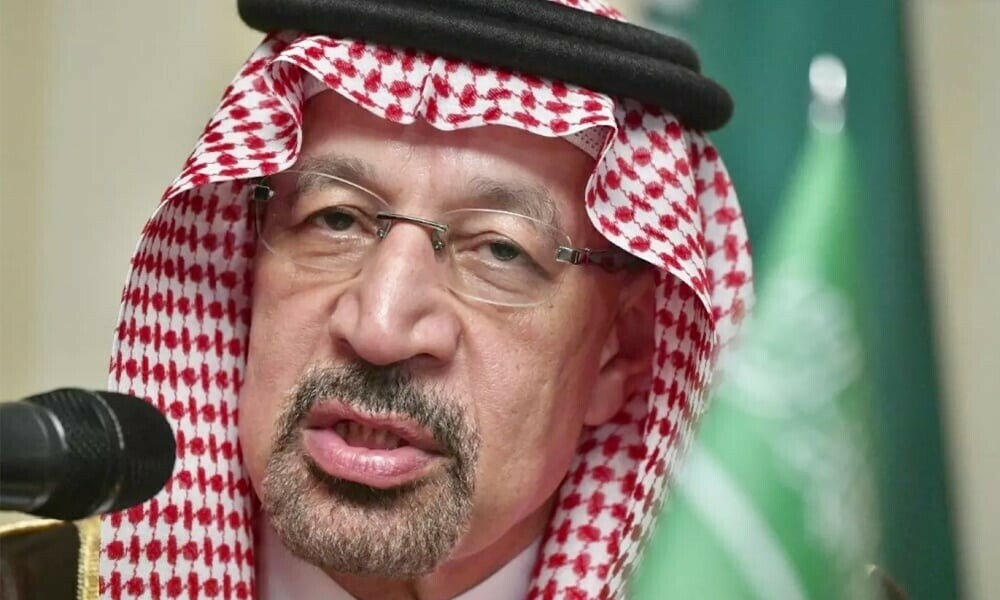The war-torn country’s recovery. Headed by Saudi Investment Minister Khalid bin Abdulaziz Al-Falih, the delegation, comprising around 130 Saudi business figures, is expected to finalize investment deals valued between $4 billion and $6 billion.
The Saudi initiative comes in support of Syria’s interim President Ahmed al-Sharaa, who assumed power in December following the ousting of longtime ruler Bashar al-Assad. The shift in leadership, after more than a 14-year civil war, has provided an opportunity for Gulf countries, especially Saudi Arabia, to participate in Syria’s economic rebuilding.
According to attendees of the investment conference and government sources, Minister Al-Falih is holding key meetings with Syrian officials, laying the groundwork for a two-day investment conference in Damascus. Syrian Information Minister Hamza al-Moustafa confirmed during a press conference that 44 bilateral agreements would be signed, totaling close to $6 billion.
The agreements span a wide array of strategic sectors vital to Syria’s recovery and development. These include:
• Energy production and infrastructure
• Telecommunications
• Financial and banking services
• Investment fund development
• Retail and hospitality
Minister al-Moustafa emphasized that some agreements would involve the Syrian government, while others are to be signed directly with private Saudi companies. The blend of public-private partnerships aims to generate sustainable growth and create jobs in Syria’s fragile post-conflict economy.
Adding to the significance, Saudi state broadcaster Al Ekhbariya reported that the deals are valued at over $4 billion, with several major projects set to begin immediately.
Among the new initiatives launched during the visit is a $20 million cement factory project in Adra Industrial City, located on the outskirts of Damascus. This facility is notable as it marks Syria’s first white cement production plant, a milestone in local manufacturing.
Another major project involves Ethraa Holding, a Saudi investment firm, which is developing an integrated retail complex worth 375 million riyals (approximately $99.96 million). These projects are early examples of Saudi Arabia’s broader ambitions in Syria’s industrial and retail sectors.
Saudi Arabia’s involvement in Syria is part of a wider Gulf-led investment push in post-conflict zones. A Syrian businessman told Reuters that both sides also plan to establish a Syria-Saudi Joint Business Council, which would facilitate future cooperation and oversee the implementation of these multi-billion-dollar projects.
Despite recent unrest—particularly sectarian violence in Sweida, a southern city where hundreds have died—Saudi Arabia is proceeding with its economic agenda. The investment conference, originally scheduled for June, was postponed due to the escalating Iran-Israel conflict, but resumed this week amid signs of relative stability in Damascus.
Besides Saudi Arabia, other Gulf countries have also shown keen interest in Syria’s reconstruction. Notably:
• Qatar signed a $7 billion power deal with Syria earlier this year.
• UAE-based DP World secured an $800 million agreement to modernize Syrian ports.
• American energy firms have reportedly been tasked with drafting a master plan for revamping Syria’s energy sector.
In a significant financial gesture, Saudi Arabia and Qatar jointly cleared Syria’s arrears to the World Bank, unlocking potential access to new international loans and multilateral funding channels.
In February, President al-Sharaa made his first international visit as president—to Saudi Arabia. The visit is widely seen as part of a growing alignment between the two nations, encouraged by Saudi Crown Prince Mohammed bin Salman.
Diplomatic sources suggest that the Crown Prince personally lobbied former U.S. President Donald Trump to ease sanctions on Syria. These sanctions have long been a barrier to foreign direct investment, particularly in the banking and energy sectors. With many of those sanctions now lifted or relaxed, investors are seeing new opportunities in Syria’s untapped markets.
Although the scale of investment is promising, observers caution that security and governance challenges remain. Sweida’s recent clashes are a stark reminder of Syria’s underlying instability. Still, the growing interest from Saudi Arabia, Qatar, the UAE, and Turkey signals a calculated bet on Syria’s future potential.
As Riyadh continues to diversify its global investment portfolio under Vision 2030, Syria’s reconstruction provides a strategic opportunity for both economic gain and geopolitical influence.



